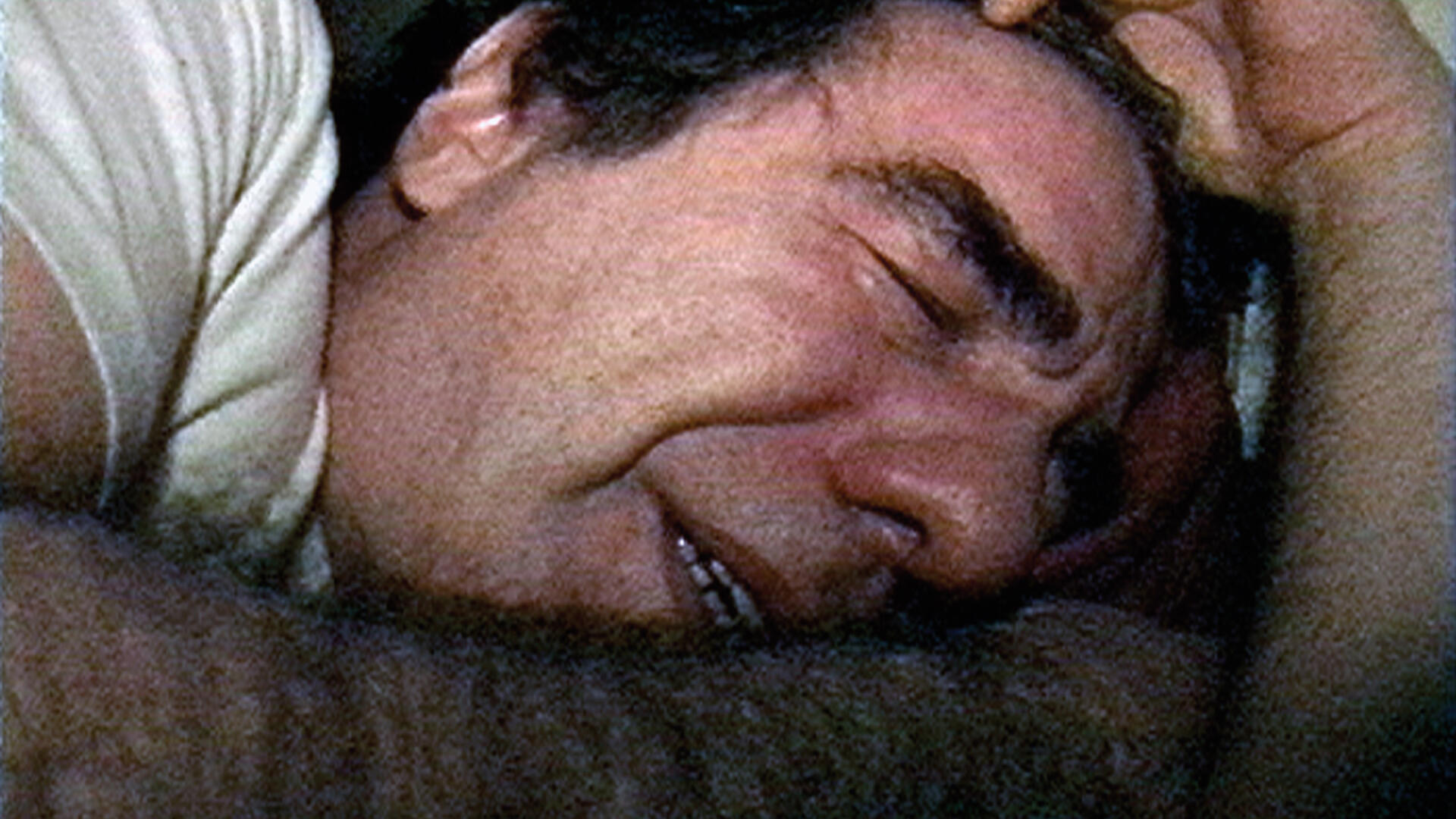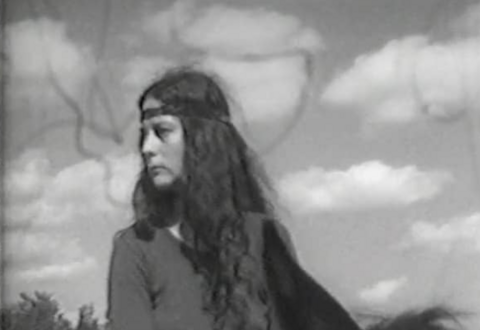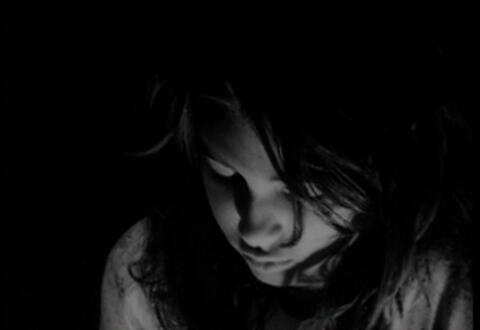Baby Jesus

It's Christmas night. Pierre, the principal protagonist of After Brenda by the same author, lies in a deserted corridor. Accompanied by a bottle, he cries out his solitude, his despair, and sends a prayer to Christ.
One can sum up the plot of Petit Jésus in this way. But what does the viewer actually feel during the three minutes this film lasts? First of all, embarrassment and awkwardness. Cumming films his character in close-up, his nose is running and we almost feel like laughing, so grotesque and at the same time so pathetic does the scene appear. The inflated choirs of the music (that from Once Upon a Time in America) add distance and lend a comic effect to the whole thing. Nevertheless, something else emanates from this tortured man who is pouring out his woes. Something universal stemming from the tragedy of the human condition.
Where does this impression come from? Perhaps, beyond the troubles and misfortunes laid bare by this wretched man, from the fact that the camera openly and steadfastly focuses on him, when the natural impulse would be to look away. And also from the fact that the time obstinately drags on and the character asserts himself with all his density and lyricism. Something happens and profoundly moves us. No matter what Pierre did before. He becomes an icon of dereliction. And we completely lose any tendency to laugh.
Bertrand Bacqué, Visions du réel, 2002
(translation: Angela Bennet)
Credits
Technical information
Confession, Christmas, Solitude, Exclusion, Distress





















